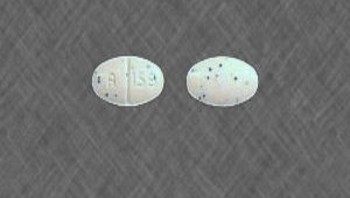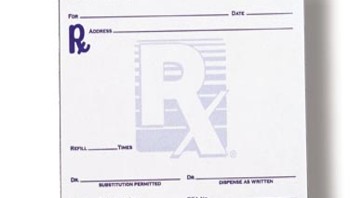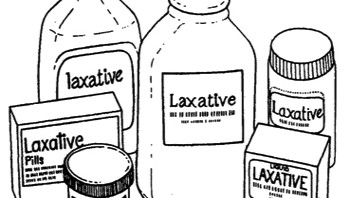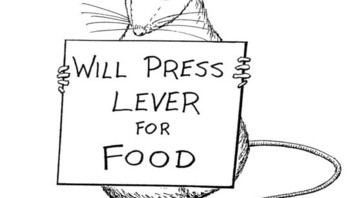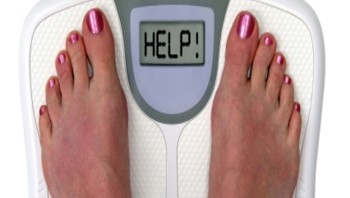Dieter’s Tea Laxatives:
Tea contains antioxidants which help us improve our health. It is usually derived from herbs or trees which are known to cure some common diseases. But recently, another type of tea which performs a quite different function from the original ones was developed. This is known as Dieter’s Tea, Slim Tea etc. This type of tea is actually used to lose weight. Different brands have been available in the market, and they seem to attract a number of consumers. One should be aware, however, about such products in detail before they even think of using them, as they might affect the health in an adverse way.
How Does Dieter’s Tea Works?
Dieter’s Tea helps reduce weight by increasing the bowel movement and working as stool softeners. It is made up of herbs, and those herbs have laxatives in them as the active ingredients. These active ingredients include aloe, senna, rhubarb root, cascara, buckthorn and castor oil. Before, these laxatives are only used to clear out people’s bowel tract and to overcome the problem of constipation but now, they are used mainly for weight loss. The problem with laxatives performing weight loss function is that they do not just flush toxins out of the body but they also remove necessary food nutrients through the bowels. The consumer then fails to manage the extra calories, vitamins and minerals one needs to intake every day.
What Do Laxatives Do?
Our digestive system works by digesting starch in the mouth and digesting other food contents in the stomach. Much of the food nutrients then go to the small intestine, and much of the water contents go to the large intestine. But with the consumption of laxatives, most of the food and water contents that should be absorbed by the large intestine turn into excretory products. This is due to the increase in bowel movement. Moreover, if the laxatives are taken in large amounts for a greater period of time, they affect the absorption of fats in the body. This leads to greasy diarrhea, and this in turn results in weight loss.
Side Effects of Laxatives
By altering the food and water contents pathway, laxatives can be used as effective weight loss agents. However, one should not be concerned with its effectiveness only; one should also watch out for its safety. Unfortunately, laxatives present a number of potential health risks and damage. It can permanently damage of the GI Tract. It can cause weakening and softening of the bones, and this disease is known as osteomalacia. It can also cause eating disorders such as bulimia and anorexia nervosa. A lot of people use laxatives because it helps achieve weight loss rapidly, it tastes good, and it is less expensive than the rest of the medicines available in the market. But despite these, it presents greater disadvantages that consumers must be aware of.
How Can The Laxatives Affect Women?
The number of women taking laxatives as weight loss agents is far greater than the number of men. And since women are more prone to using these products, they are the ones who are affected the most with the effects of these products. There are no scientific studies yet proving that these products directly interfere with women’s menstrual cycle or fertility, but consumers must still take certain measures. It is strongly discouraged for pregnant women to take any laxatives at all. Also, it is strongly advised for other consumers to observe whether or not they are having any increased menstrual cramps because of the product. Lastly, herbalists discourage the use of senna and other laxatives in women who are trying to be pregnant.
Misleading Terms by Marketers
As we all know, advertisements tend to exaggerate the effects and results of using a certain product. There are some marketers who wanted to attract consumers by saying that the laxatives they sell are low in calories. The consumers must be aware, however, that these products are low in nutrients as well. The only nutrient they could have is only when they would be sweetened. Also, some marketers sell their products by saying that they are bowel-cleaning products, which of course, should be true because they are laxatives.
Misuse of Laxatives
Some people, to achieve their desired weight in no time, use laxatives more than the recommended dose. This misuse of laxatives is highly discouraged for they cause adverse effects. These include nausea, stomach cramps, vomiting, diarrhea, fainting, rectal bleeding, electrolyte disorder and dehydration, and these can lead to injury and death of the individual as well. It is also noted that the excessive use of laxatives causes severe constipation and pain for increased periods of time, which can result ultimately in surgery and removal of the large colon.
Summary:
People who want to lose extra pounds should focus on methods where they will be able to reduce weight the natural way through diet and exercise, as well as the use of weight loss products with the recommendation of a physician. They should not fall for hyped products, which are going to cause them great harm and would result to serious health issues.

